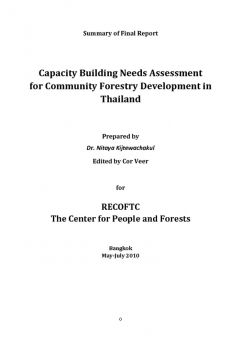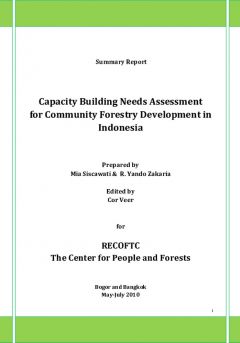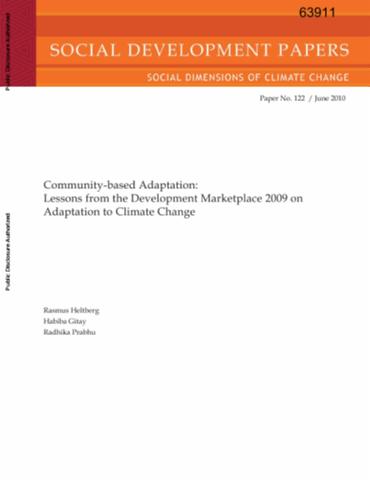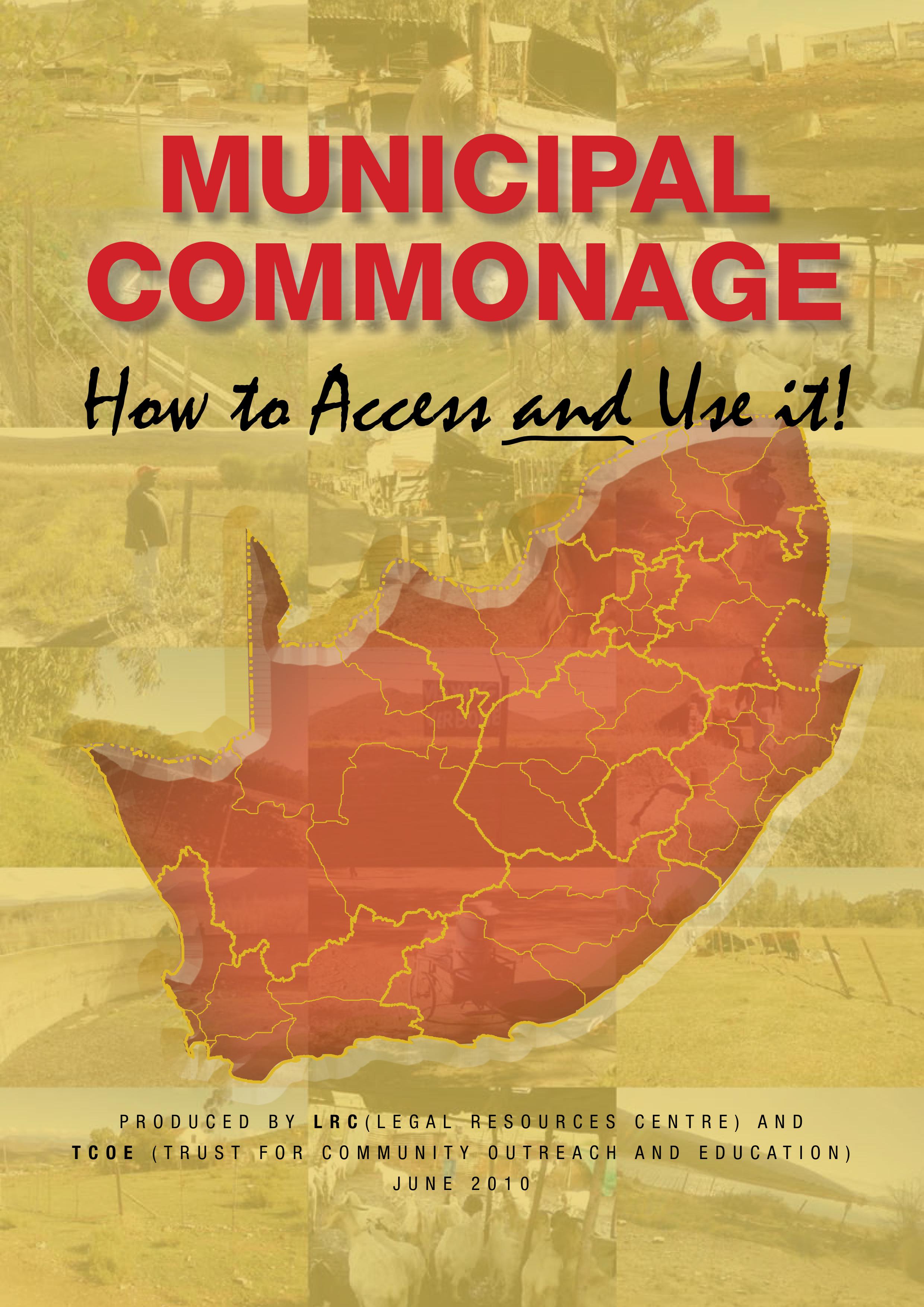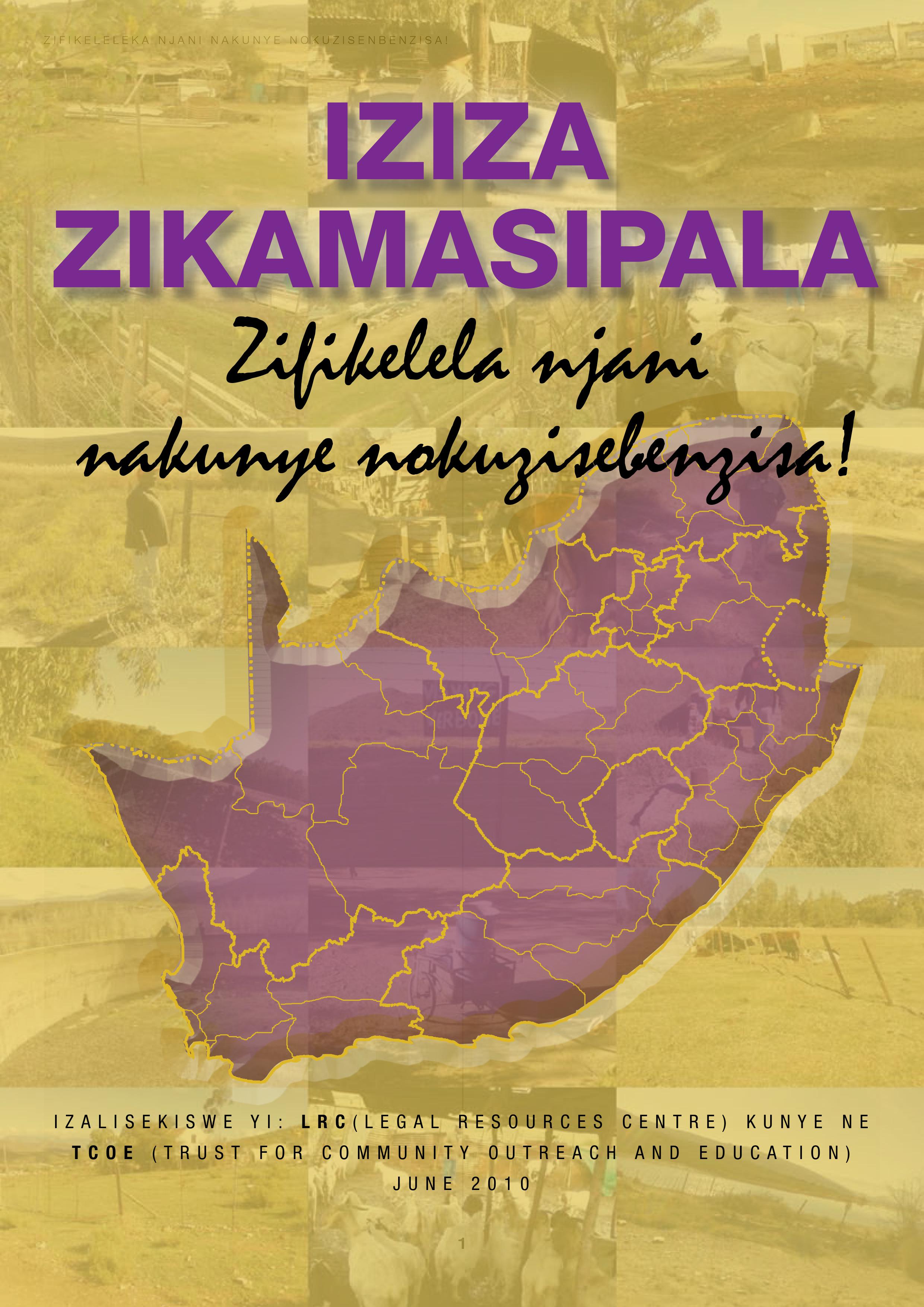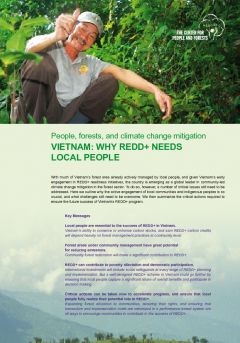Community Forestry in Cease-Fire Zones in Kachin State, Northern Burma: Formalizing Collective Property in Contested Ethnic Areas
... Community forests (CF) in northern Burma, particularly in Kachin State, have been sprouting up in villages since the mid-2000s, spearheaded by national NGOs. The recent watershed of CF establishment follows several contingent foundational factors: greater political stability and government control in cease-fire zones; enhanced NGO capacity, access, and effectiveness in these areas; and most prominently the recent threat of agribusiness.



